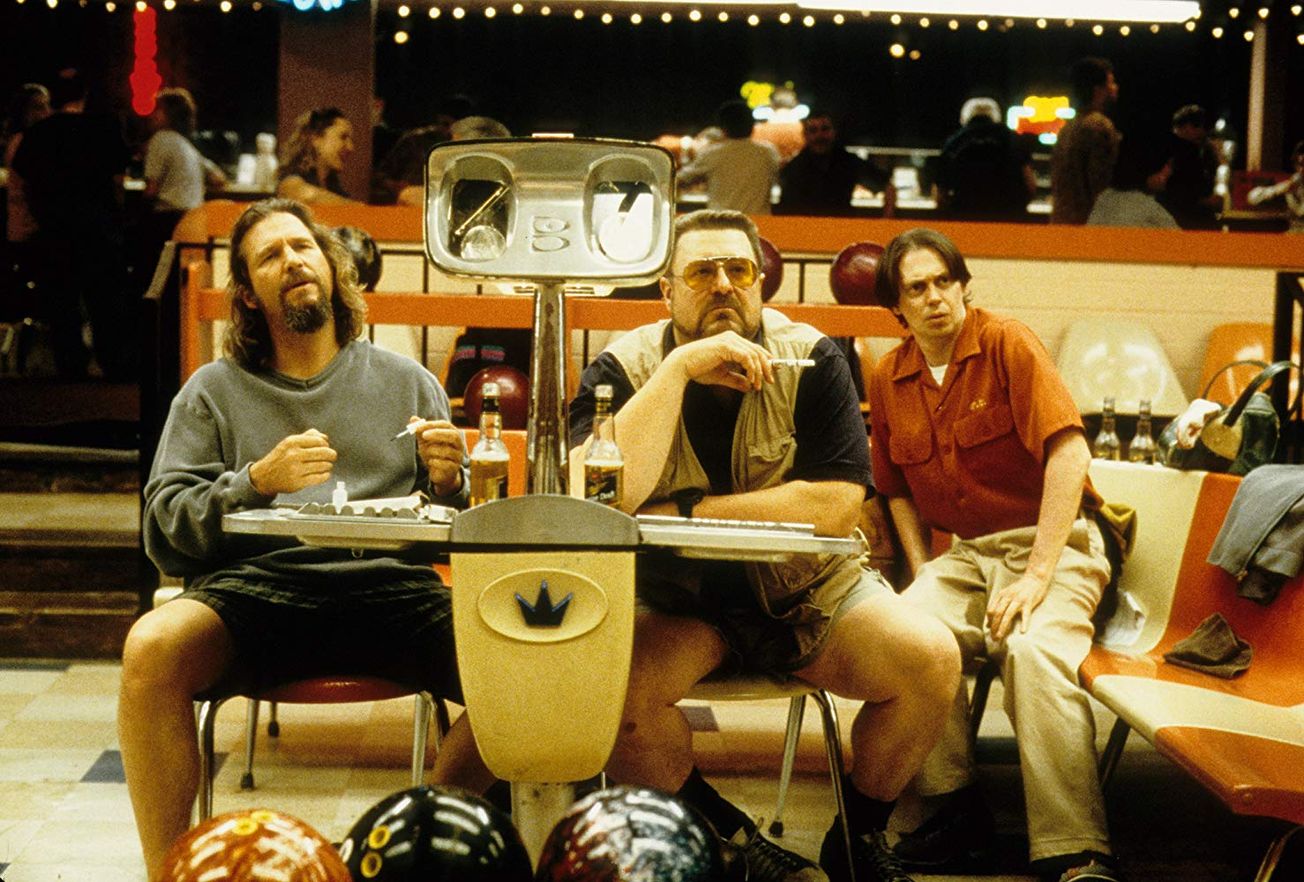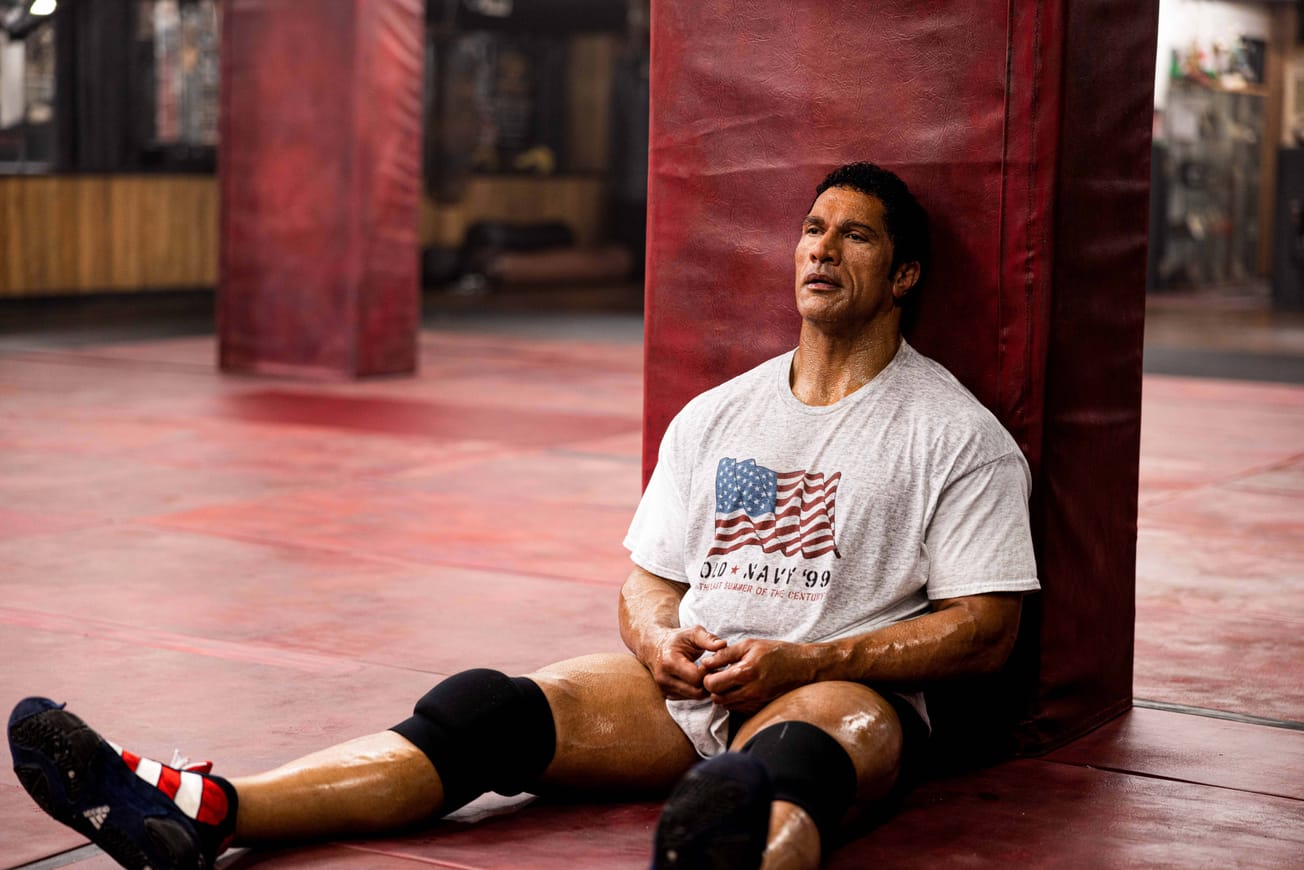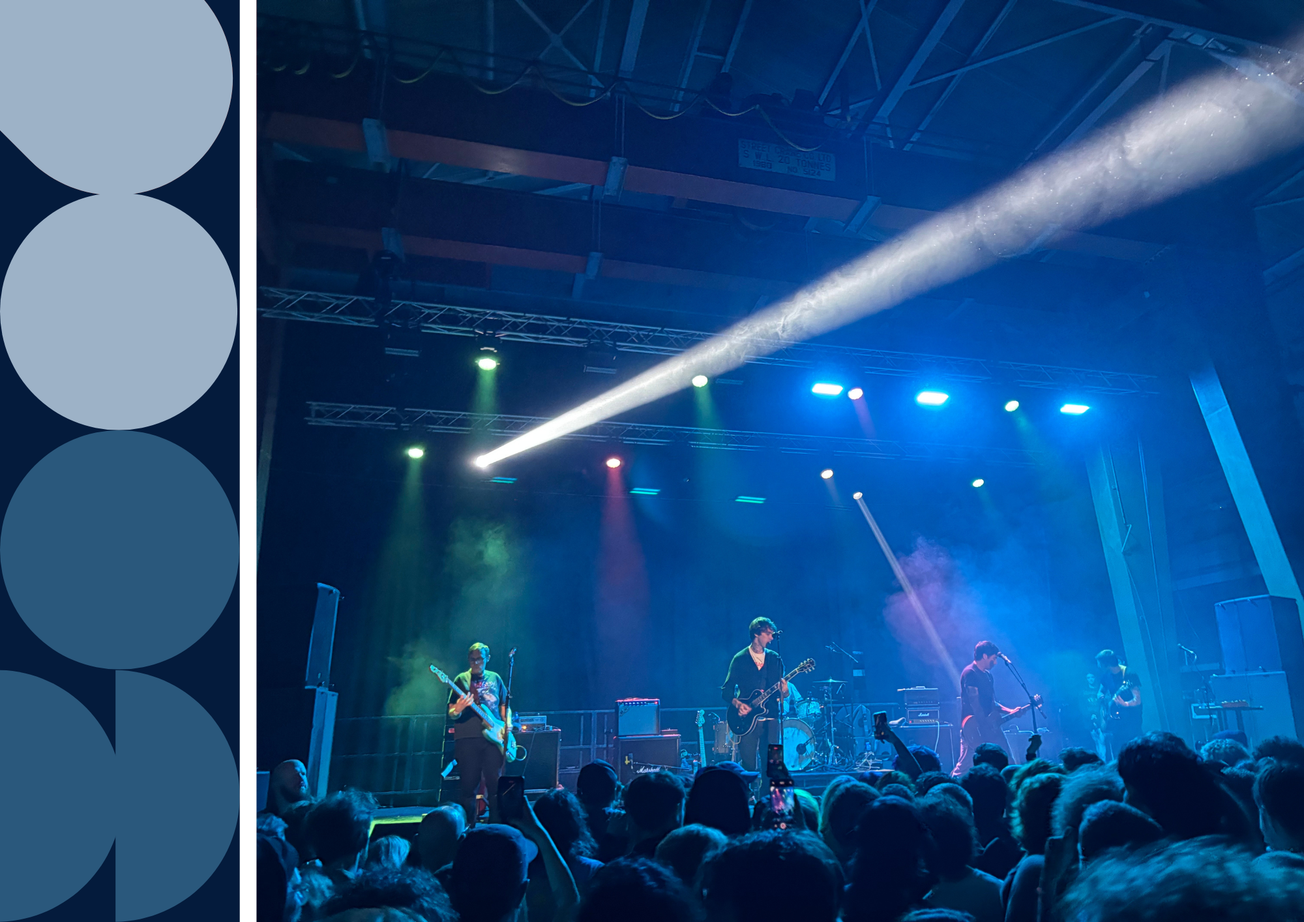By David Thirkeld, Third Year History
On 24 September, it was exactly 20 years since The Big Lebowski was first released in cinemas. Originally slated by critics, now celebrated, the retrospective event held at Everyman Cinema kicks off our Issue 2 theme ‘Underrated’.
The Coen Brothers’ cult classic The Big Lebowski becomes more enjoyable through every sitting, even on its 20th birthday.
Indeed, there was little to worry about when tickets were booked and a pair of double doors opened to the plush Screen One of the Everyman Cinema, described by Bristol film lecturer Pete Falconer as a ‘rococo brothel’ in his suitably witty introduction to what is arguably the Coen Brothers’ comedic masterpiece.
The Big Lebowski is an ample reminder that critics can occasionally let films of prodigious significance slip through the cracks. Underwhelming at the box office during its 1998 release, The Guardian described it as a ‘bunch of ideas shovelled into a bag and allowed to spill out at random’ – not exactly a glowing assessment.
The film now enjoys an annual screening at the eponymous Lebowski Fest, first created in 2002 and held for its 20th anniversary in New York. If this does not seem praise enough it is also worshipped worldwide through the religion of Dudeism, on top of being enrolled in the National Film Registry as one of America’s selected films of ‘cultural, historical or aesthetic significance’ in 2014.
Youtube / Movieclips
Despite all this, it is easy to understand why the feature failed to impress viewers during its first screening. The film can seem directionless at times as we follow Jeffrey ‘The Dude’ Lebowski (Jeff Bridges) in a story that oscillates across 1991 Los Angeles from one desultory scene to the next. The plot progresses from an initial case of mistaken identity to an abduction, but never fails to end up at the retro-style bowling alley which the Dude’s pals Walter Sobchak (John Goodman) and Donny (Steve Buscemi) frequent.
In fact, to many a viewer’s bemusement, the film concludes back at the very same bowling alley with numerous loose ends unanswered. Do the Dude’s trio win the big bowling showdown against flamboyant paedophile Jesus Quintana (John Turturro)? What happens to soon to be born Lebowski junior? Does Jeffrey “The Big” Lebowski (David Huddlestone) find his trophy wife?
None of this matters. The Coen’s admit to such during an interview where they discuss the influence of Chandler’s The Big Sleep on their comedy; their film is intentionally ‘episodic’ like Chandler’s writing. Indeed, the plot is ‘ultimately unimportant’; the story is bizarrely prompted when a hired thug soils an oriental rug which, according to the Dude, ‘really tied the room together’. What did you expect?
"I’m the Dude, so that’s what you call me. That or El Duderino, if you’re not into the whole brevity thing.”
— Everyman Cinema (@Everymancinema) September 24, 2018
It’s been 20 years since @TheBigLebowski hit the big screen, so we’re putting it back up there for one night only; come celebrate: https://t.co/AsPHZe3XPL pic.twitter.com/NOoPqxKSii
Twitter / @Everymancinema
Although, there is one moment where the Dude seems to be on to something. During a visit to renowned pornographer Jackie Treehorn’s (Ben Gazzara) Malibu mansion we imagine that finally the case will be solved as Lebowski is given a moment to glimpse at Treehorn’s notepad which he has just been writing on during an important call. Instead, he scratches out the pattern of the notepad to reveal a cartoon of a man thrusting a large erection in the air.
Perhaps this moment best encapsulates the movie. As with later films O Brother Where Art Thou? (2000) and Burn After Reading (2008) from the Coens’ canon, The Big Lebowski rejects naturalism in favour of a world that is highly stylized and as a result exceptionally entertaining. It is above all a comedic take on film noir, and it shines through the cast’s outstanding execution of the Coen Brothers’ subtly hilarious wit and humour.
We are treated to a medley of idiosyncratic characters from Lebowski’s belligerent bowling companion Walter who cannot stop mentioning the Vietnam war; to ‘The Big’ Lebowski’s daughter Maude (Julianne Moore) whose Fluxus-style artwork is ‘strongly vaginal’; to the aforementioned Donny, who is constantly told to ‘shut the fuck up’ by Walter (a reference to his non-stop talking in Fargo).
The Big Lebowski (1998) This film is the only exception that Jeff Bridges makes when it comes to watching his movies. “I rarely will watch my movies when they come on TV, but when Lebowski comes on, I’ll watch. It’s like when The Godfather (1972) comes on. That same feeling.” pic.twitter.com/4ExCED6nFF
— Faded Yoda (@FadedYoda) September 28, 2018
Twitter / @FadedYoda
Of course, there is more to The Big Lebowski than an eclectic mix of amusing scenes enriched by Dickensian characters. The subtext intimated by Walter and the Dude’s incompatibility as representatives of both sixties neo-conservatism and flower power is difficult to ignore. Yet this ultimately only ends up accentuating the Dude’s personal philosophy that some disorder and aimlessness will not be the end of the world. We should all just chill.
Indeed, 20 years on from its initial release, The Big Lebowski demands to be seen over and over again to bare the fruits of its brilliance.
Featured Image: IMDb / Gramercy Pictures
What other cult classics do you love that weren't appreciated at the time of release?
Facebook // Epigram Film & TV // Twitter









